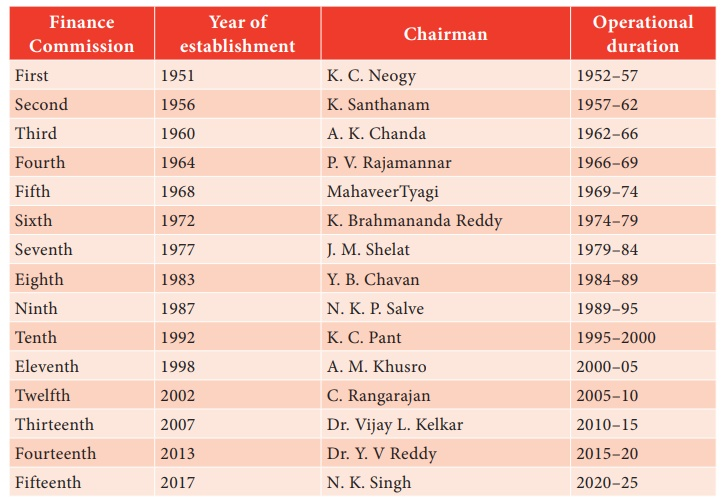





Copyright infringement not intended
In News:
Background:
Finance Commission:

Must Read: https://www.iasgyan.in/blogs/abc










© 2025 iasgyan. All right reserved